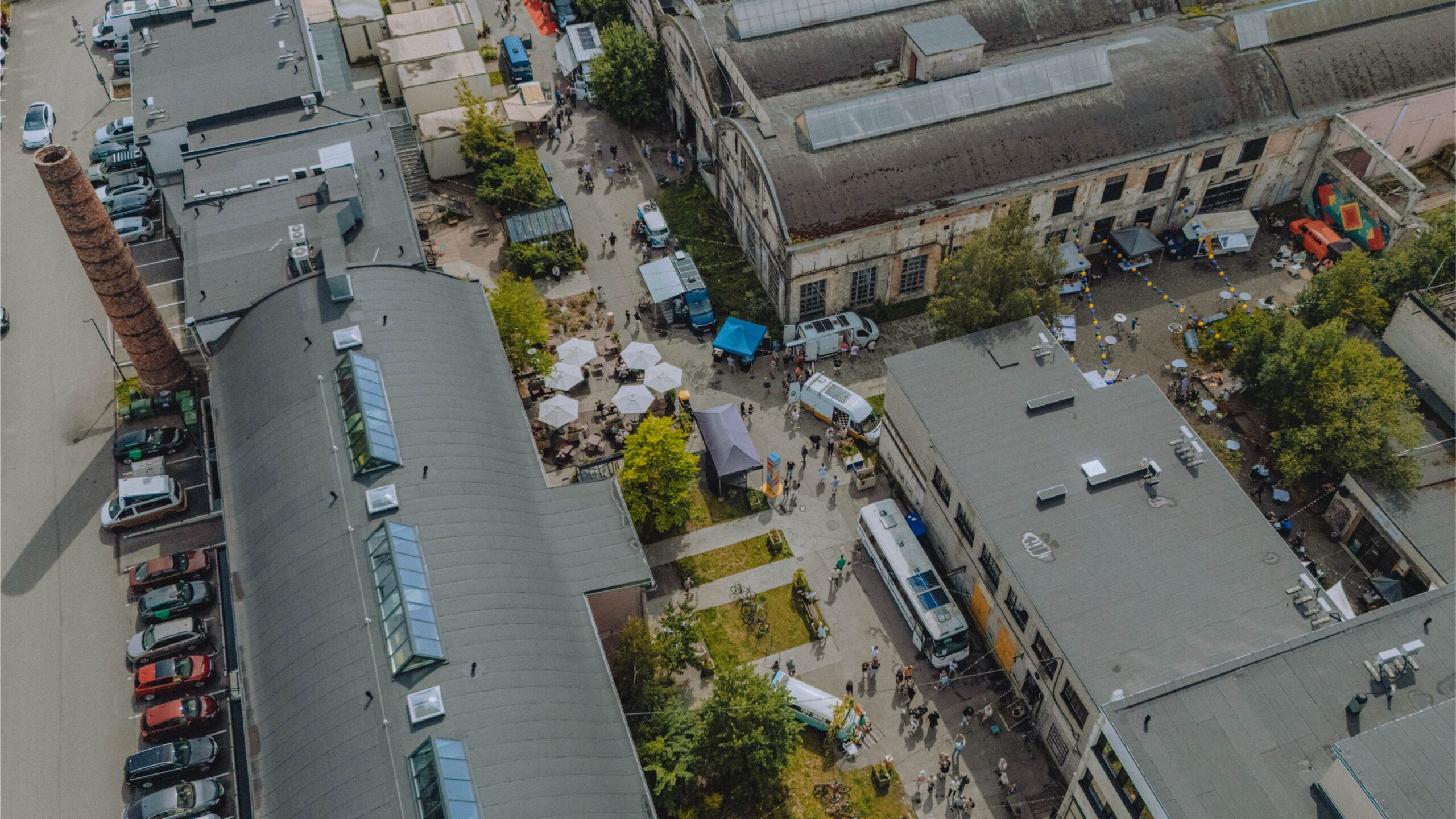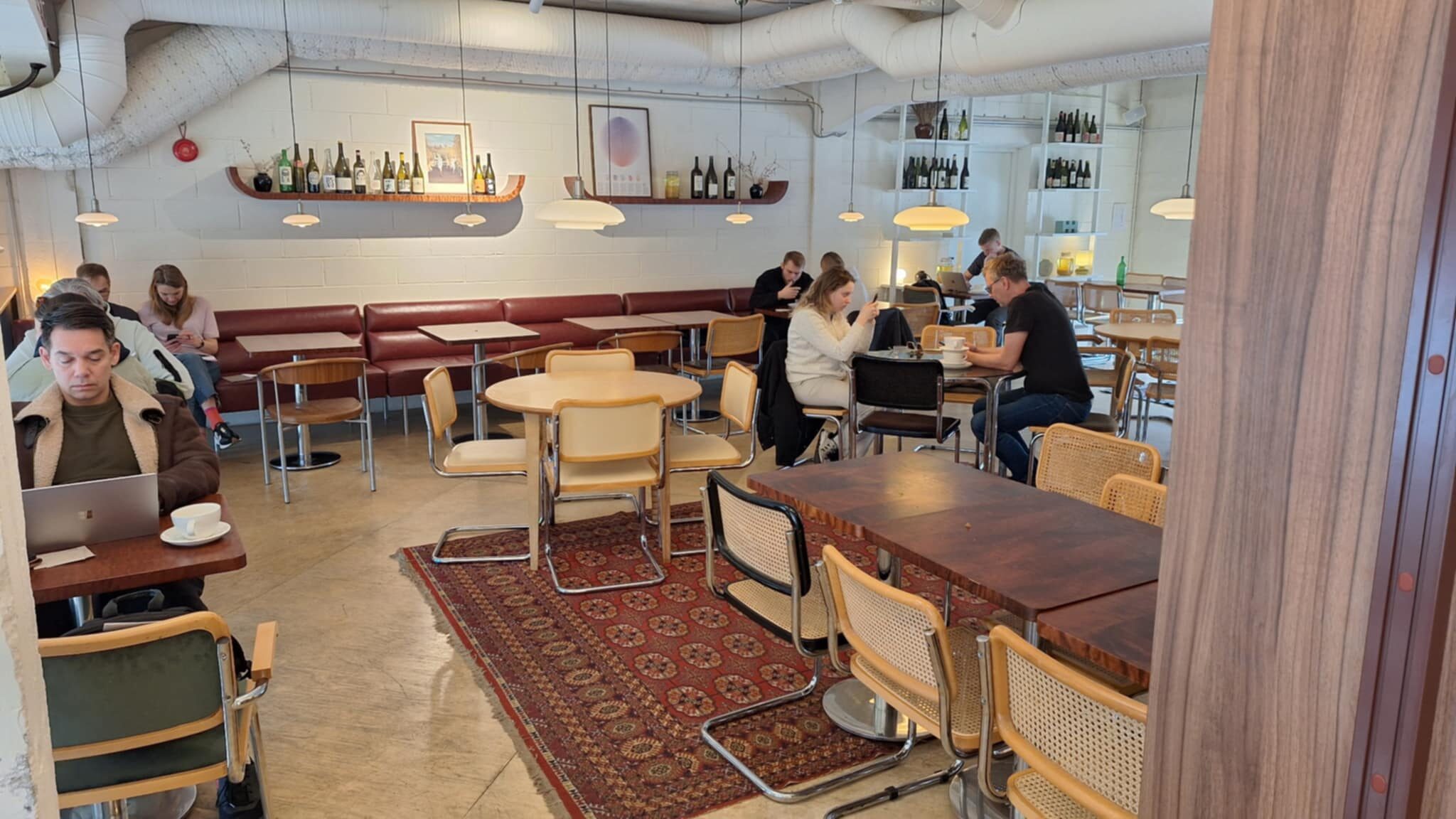Estonia is often seen as a niche destination for those seeking an alternative experience. Most tourists tend to visit during the summer months, meaning that despite a significant increase in visitor numbers over the past three decades, there are relatively few tourists from September to April.
Additionally, during the Soviet era, it was incredibly difficult to both enter and leave Estonia. As a result, many Estonians had limited exposure to foreigners and diverse cultures. Most Estonians you meet today grew up in a fairly homogenous environment. For instance, I was born in 1989 and spent my childhood in and around Tallinn, the capital. I recall it being a significant event whenever we spotted tourists wandering through the Old Town.
Fast forward to 2024 and Estonians living in Tallinn and Tartu — the country’s second-largest city which is filled with university students — are now more accustomed to seeing foreigners. However, in the rest of the country, interactions with non-Estonians remain relatively rare.
So, what can you expect when visiting Estonia? One positive thing to note is that most Estonians speak at least basic English, which alleviates language barriers and makes it easier to seek help or information from locals. Generally, Estonians are polite and respectful.
Typically, they prefer to respond only when you make the first move, and it may take time for them to build trust, which can make them appear a bit suspicious.
That said, they may not initiate conversation or go out of their way to engage with you — not out of unfriendliness, but rather, as a reflection of their typical demeanour. They aren’t the most overtly friendly or outwardly expressive people you’ll encounter. If you’re not aware of this characteristic, you might mistakenly think they don’t like you. Typically, they prefer to respond only when you make the first move, and it may take time for them to build trust, which can make them appear a bit suspicious. This can lead to misconceptions, with some people perceiving them as unwelcoming or, even worse, xenophobic.
As I haven’t lived in Estonia since 2005 and have since explored various cultures and countries, I was surprised to see how international Tallinn has become when I visited in July 2023 after not going at all for nine years. The city seemed to have even more foreigners than locals, because many Estonians escape to their summer cottages or travel in July.
However, I sensed that Estonians haven’t entirely adjusted to this new multicultural reality, particularly regarding their language. When I was among Estonians and overheard conversations in Estonian, I noticed some inappropriate jokes and words that I would never use. This kind of language was common when I was growing up, and I often addressed it with my loved ones. While many Estonians view it as harmless banter, the reality is that as Estonia becomes more international, locals need to adapt more quickly.
During my visit, I connected with some Brazilians who have made Estonia their home. They all expressed their love of living there and showed no signs of wanting to leave. They reported being treated well and enjoying a high quality of life, although they all agreed that making friends with Estonians can be challenging.

From discussions within the “Expats in Estonia” Facebook group, the most common complaint is about the difficulty of forming friendships with Estonians. As previously mentioned, this is part of the Estonian character. It can even be tough for Estonians to connect with each other, often requiring significant effort and perseverance to build relationships. As long as you’re aware of this dynamic, you can navigate it without undue stress.
Over the years, I have seen a few posts in the same group about incidents of violence, whether physical or verbal, against foreigners. Thankfully, though, such instances are rare. Generally speaking, most expatriates feel safe, though they often miss the company of more outgoing and talkative people.
… the Estonian language is far from being the easiest language and, therefore, it takes a lot of time and effort to become fluent. But it’s worth it, if it helps you feel at home.
Even though most Estonians can speak English, these expats do mention that it would be easier to integrate into society if they could speak Estonian, because they would have access to more (and better quality) job opportunities. It also often happens that Estonians switch to the Estonian language when they are the majority in a group. However, the Estonian language is far from being the easiest language and, therefore, it takes a lot of time and effort to become fluent. But it’s worth it, if it helps you feel at home.
In conclusion, Estonians may be less accustomed to interacting with people from different nationalities compared to their western European counterparts, and you might sense this during your visit or move to Estonia. Understanding Estonia’s history and the characteristics of its people can go a long way. I encourage you to refrain from making quick judgments or drawing conclusions until you have the full context — this applies anywhere you go.



